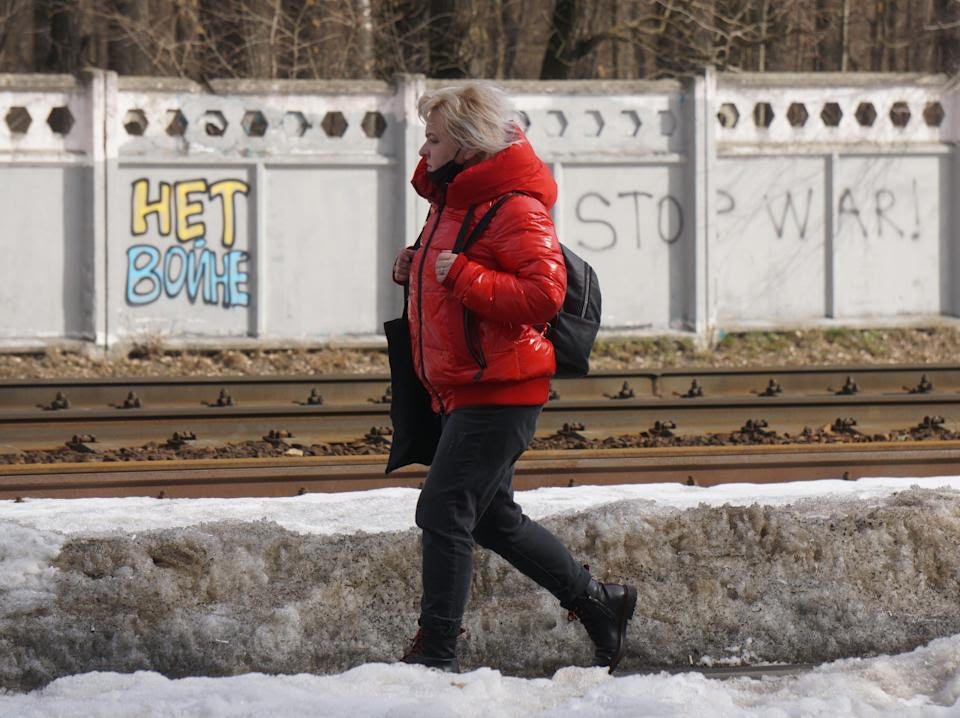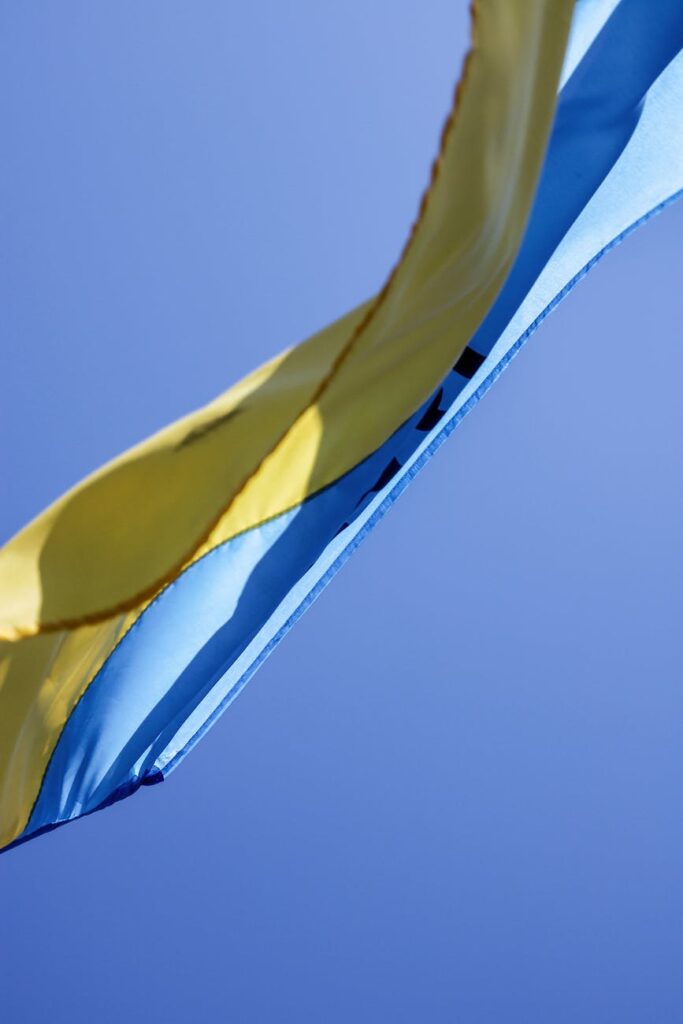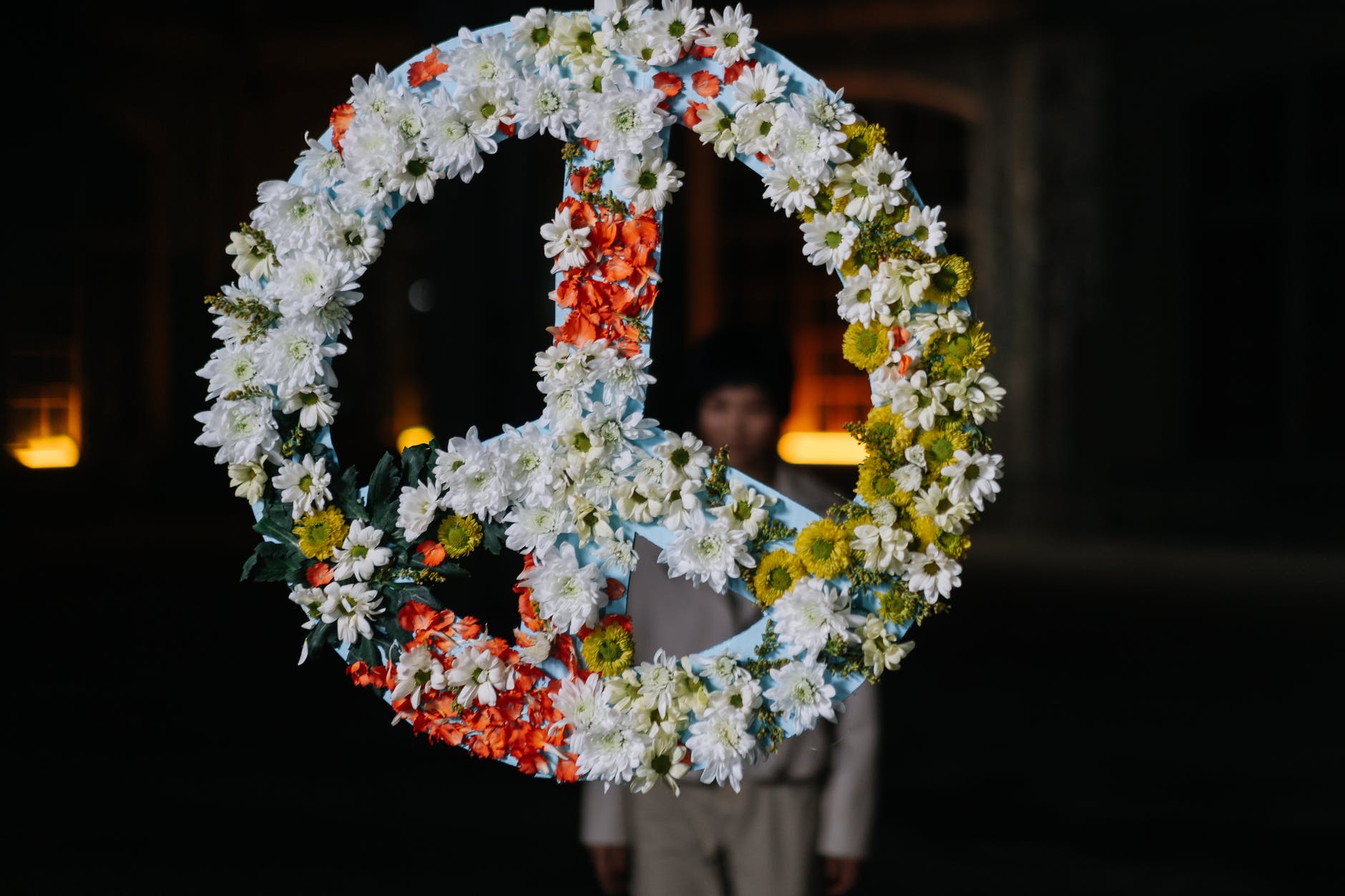
By Andrey Kortunov, Russian International Affairs Council, 4/14/22
Kortunov has a Ph.D. in History and is Director General of the Russian International Affairs Council, RIAC member
The interim results of the Russian-Ukrainian talks in Istanbul unsurprisingly produced a surge of optimism among all those in Moscow who consider diplomacy the main tool for achieving peace and solving the “Ukrainian issue”. Within the expert community, they started exploring the prospects for an early Putin-Zelensky meeting, trying to envisage appropriate mechanisms for multilateral security guarantees to Ukraine (as much as to Russia), agreeing on potential compromises on territorial issues and even about blueprints for the post-conflict reconstruction of Ukraine.
However, adherents of diplomatic solutions were immediately confronted by numerous implicit and explicit opponents. Champions of the ‘military solution’ started accusing Russian negotiators of unforgivable credulity, excessive softness and almost of an outright betrayal of Russia’s national interests. In the public space, statements poured in, suggesting that the Ukrainian side is “non-negotiable” in principle, that Kiev needs negotiations only in order to create the appearance of moving forward, and that, therefore, Russia’s special operation must be brought “to a victorious end” in any case, even if it is accompanied by large-scale losses and costs.
Emphasis on diplomacy
These mixed reactions to the results of the Istanbul round of negotiations can hardly be considered accidental. They reflect the two fundamentally different understandings of the desirable and even of the plausible resolution of the ongoing conflict that currently coexist in the Russian society. Part of the society firmly believes that the current conflict can only be ended with a political compromise—for this compromise to be achieved, both sides must demonstrate willingness to make significant concessions. The other part of the society apparently sticks to the vision of the conflict ending with a complete and unconditional surrender of Kiev. Therefore, any significant concessions or compromises on the part of Moscow should not even be considered.
It would be tempting to offer some general explaining the diversion in public positions regarding the special military operation. For example, claiming that the Russian establishment is in favor of a military solution, while ordinary people want peace. Or saying that the military experts tend to focus on the continuation of the special operation, while their civilian colleagues prefer to discuss diplomacy. Or arguing that the older generation demands the unconditional surrender of Kiev, with young Russians tending to look for political compromises.
However, it seems that the lines of divergence have more emerged within various professional, social and age groups rather than between them. Let us recall, for instance, a public appeal to the President and citizens of Russia, by Colonel-General Leonid Ivashov, published on the eve of the special operation, warning against attempts at a military solution to the “Ukrainian issue”. It is difficult to associate someone like General Ivashov with political dissidents, or armchair experts who have never sniffed gunpowder, or with yellow-haired chicks with no life experience. The conflict in Ukraine has produced completely new coalitions and alliances cutting across traditional partisan groupings and old political preferences.
What are the main disagreements in the assessments of the Ukrainian crisis? First of all, proponents of a diplomatic solution perceive Vladimir Zelensky as the legitimate leader of a large European country—an indispensable, even if not the most convenient partner for negotiations. Those who endorse a military solution would like to present Zelensky and his negotiating team as puppets of the West with no political ‘subjectivity’, which is why they claim it makes no sense to seriously discuss anything with them but the terms of surrender.
The diplomatic approach implies an intention to treat Ukraine as a young and not fully matured, but an unquestionably sovereign state that has an inalienable right to make an independent choice on the vector of its economic, social and political development. The rejection of the diplomatic approach reduces Ukraine to an unenviable position of a platform for geopolitical confrontation between Russia and the West, a “no man’s land”, an eternal “Wild Field”, which possesses no destiny of its own and has neither national sovereignty nor national identity.
Hawk’s peck
The emphasis on diplomacy means Russia’s readiness to limit itself to the already well-known set of specific and generally negotiable demands on Kiev, including Ukraine’s abstention from attempts to join NATO, certain restrictions imposed on the offensive capabilities of the Ukrainian armed forces, legislative measures taken to counter radical ethnic nationalism and other forms of political extremism, ensuring the security of the proclaimed Donbass republics, etc. The rejection of diplomacy suggests that Russia has to insist on a complete reset of the “Ukrainian project” as such, including a change of the currently existing political regime in the country and a subsequent revision of the fundamental principles of the Ukrainian statehood.
The diplomatic approach is set up to reach peace agreements “here and now”. With the full understanding that any agreements will not be perfect at all, they will leave many sensitive issues unresolved to face inevitably stiff resistance not only in Kiev but also in Moscow. It is not difficult to predict the emergence of multiple problems related to the practical implementation of agreements, to their interpretation by each of the two sides, to the subsequent clarification of specific provisions and to politically driven attempts to revise the latter.
Abandoning the diplomatic approach suggests the course of actions under the slogan “victory at any cost”. This means a further continuation—rather than a downscaling—of the special military operation, including the most difficult and potentially disastrous tasks of capturing all major Ukrainian cities. Further, it involves establishing Russian military administrations and ensuring control of the entire territory of Ukraine for a long term, the country’s entire perimeter of borders, as well as long-term fight against very likely guerrilla warfare and terrorist acts on this territory (possibly on the territory of Russia, too).
To find a diplomatic solution, all the necessary and sufficient preconditions are already in place. There are two negotiating teams, an unlimited choice of external mediators, numerous proposals of experts and the already emerging convergence of the positions of the parties on a number of important matters. Proceeding with a military solution will require a further horizontal and vertical escalation of the conflict, not excluding a general mobilization in Russia. In this case, new combat losses and new civilian casualties are unavoidable, not to mention the risks of the Russian special operation escalating into a major European war.
Today, the Russian society is in a state of extreme excitement and even exaltation. From the pages of newspapers and from TV screens, hawkish pecking is heard much louder than pigeon cooing. Public sentiments, however, can and should be managed. Otherwise, when (and if) the country’s leadership does make a choice in favor of a political solution, the central topic of public discussions in Russia will inevitably be the sacramental question: “Who stole our victory?”. Then, it will be very difficult for the authorities to prove to an agitated society that the desire for compromise is better than the demands for unconditional surrender, and the bickering of diplomats is better than the exchange of missile strikes.


